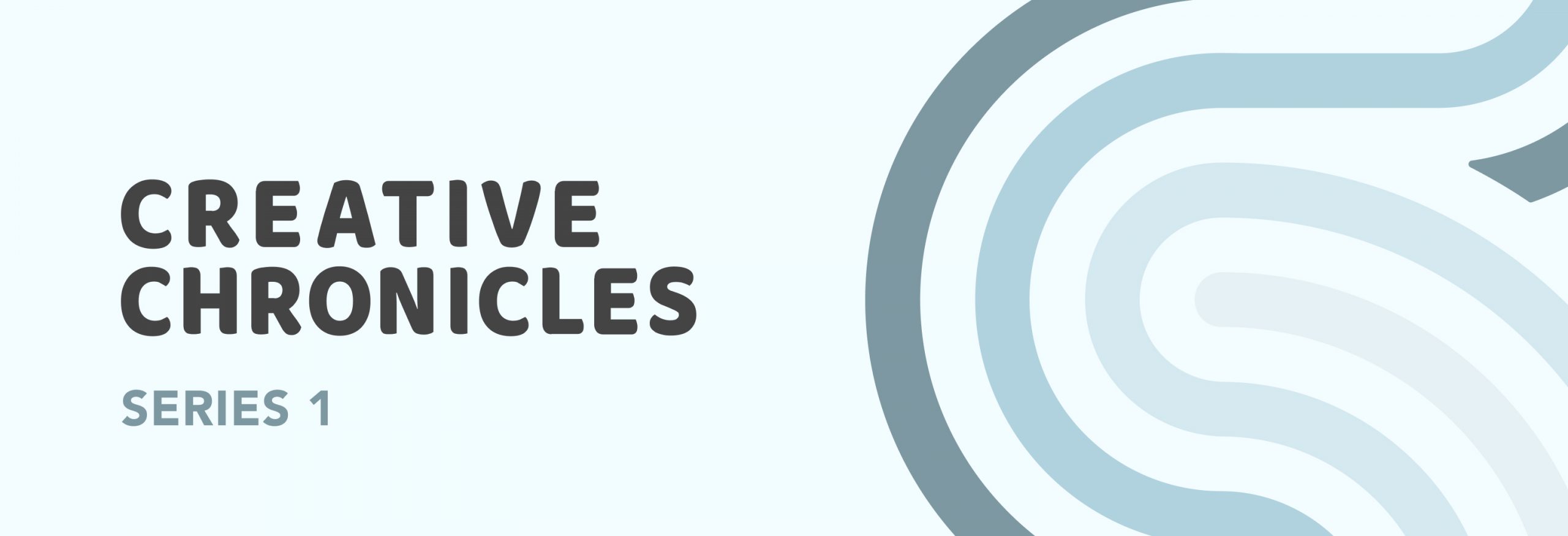#SuccessLooksLikeYou – A Journey to Better Spaces for Women

Creative Chronicles is a series of articles exploring the lives of four Singaporean Creatives. In Series 1, they share about where they are in their creative journey today by choosing a selection of images in response to the prompt, “Because of me, the world…“. The images were then used as conversation starters during our chat with the Creatives.
In this article, we chat with Nurul Hussain, founder of The Codette Project. She leads the non-profit ground-up initiative in getting more minority women into technology. Convinced that success should look like everyone, Nurul is committed to inclusion and designing ecosystems for long-term impact. In recognition of it, she was recently honoured as part of SG100 Women in Tech 2020.
Nurul shares with us how although she founded The Codette Project, its success ultimately lies in her team who builds and makes up the community. With the core principle of diversifying what success looks like, the team empowers women, especially minority/Muslim women, inhabiting the tech space to define and pursue their successes. Nurul supports her team on this by working on being the best version of her leader self, which she believes her team deserves.
We present her chosen images and a curation of themes that emerged from our chat. Instead of presenting the conversation chronologically, we delve into each theme through verbatim quotes from various parts of our chat with Nurul. We hope you find the patterns that have emerged as insightful as we have.
We need to diversify what success looks like.
Studio Dojo: What was life like for you before The Codette Project?
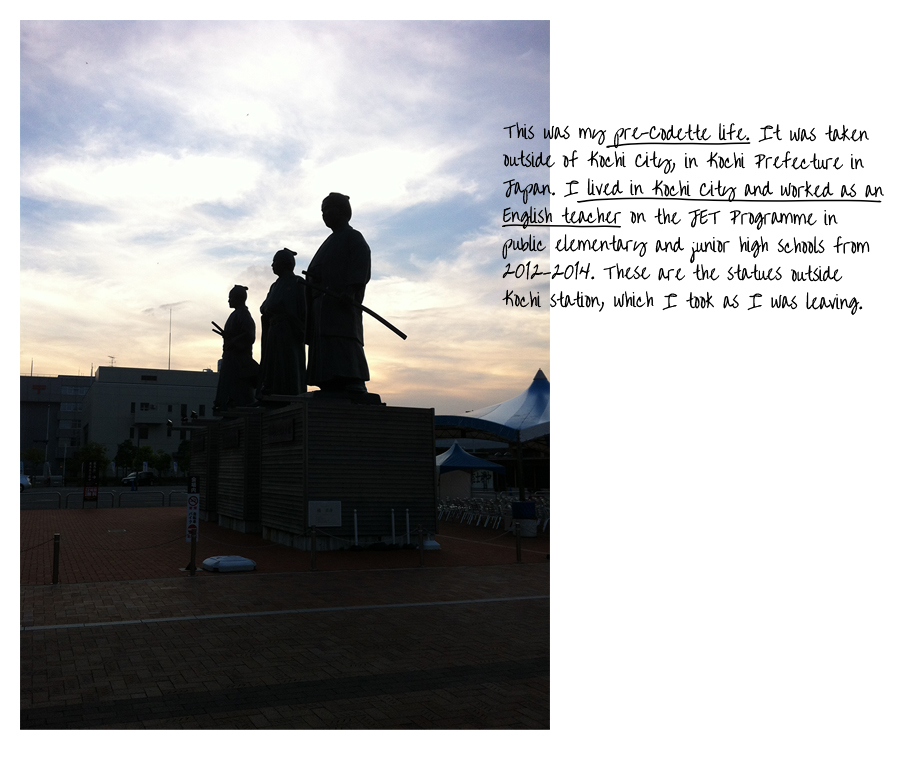
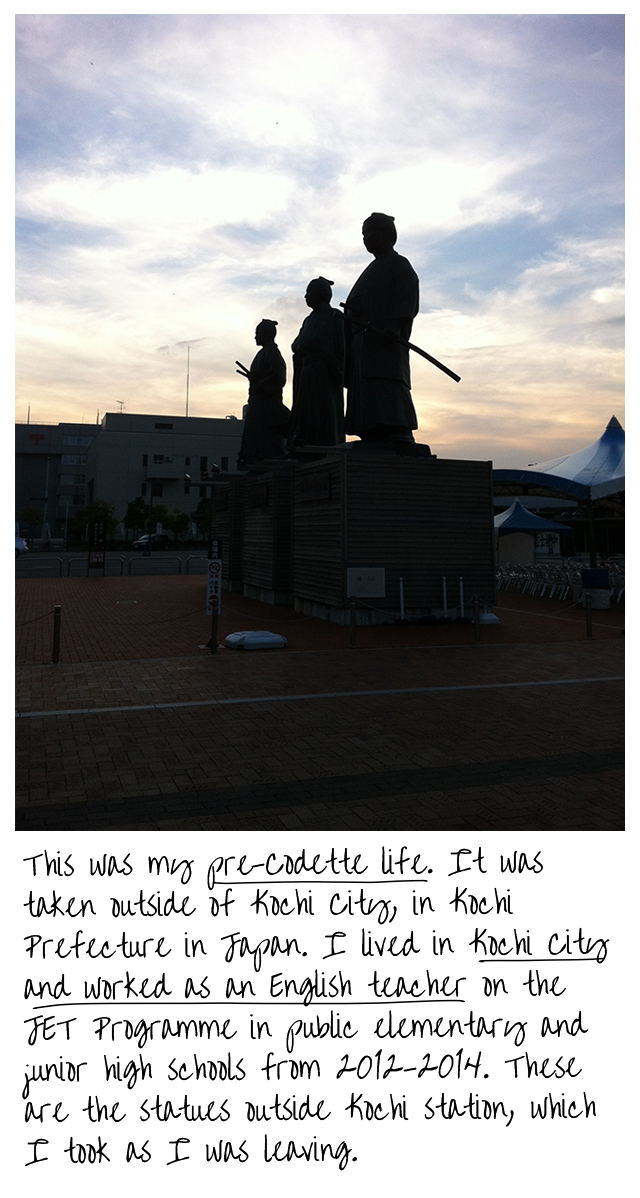
Kochi was great, I loved Kochi. Kochi is a very small prefecture in general, it’s on Shikoku island which is off the mainland and it doesn’t have the Shinkansen line, so you have to take a train from Kochi station. This was my pre-Codette era of traveling around Japan by myself and teaching English to kids. It was nice and very different. I had to take taxis to get to one of my schools because the buses came only twice a day. One taxi driver got to know how much I love persimmons and tomatoes and he’d offer me some when they were in season.
Do I enjoy teaching? This is a difficult question. Teaching is something that I was not bad at, and therefore was not terrible. The reason why I left teaching, and I definitely know that I’m not the only one to feel this, is that as a teacher, you see a lot of problems in your students that you are unable to solve as a teacher. That was very clear for me.
Where I was teaching, there was school violence, bullying and students who were from difficult backgrounds who were struggling to get by. You see a lot of inequality in the classroom and as a teacher, because of the nature of your job and number of students you have to look after, you can’t do anything. Those gravity problems impact everything that you do.
A lot of that experience has informed The Codette Project for me, in a sense where I’m a lot more conscious of asking the question of what is the real problem that I can solve. And, what is actually important to help you solve it. If you have a kid who feels more comfortable sitting under a table, it’s okay. He’s not disrupting the class and it’s not bad. But what happens is that kids are forced to act and do the same way that everyone else does, even though they feel so much more comfortable doing something else, just because that becomes a disruption for everyone else.
It really goes back to being able to see and measure success individually, according to what they perceive success to be for them. Especially for young people and students, our ideas of success are often very specific – or at least that was what it felt like when I was younger.
The issue with that is that many of those representations of who and what we think of as success doesn’t include people who may look like us. Not only are their experiences less valid for us, but we don’t have anything that’s relevant to relate to.
It has made it a lot clearer that it’s important for The Codette Project to work on diversifying the idea of success and who gets to be successful. If we truly believe that every individual and every community is equal, in terms of talent and intelligence, then that gap of success is entirely down to access and opportunity.
That shift of blame when we ask “Why are some people more successful than others?” is important because it takes a step back and it questions the issue of success itself. It stops us from making individuals or communities into problems and it looks into systems and structures instead.
Organisational success belongs to the team, not to an individual.
Studio Dojo: As the founder, what’s important for you when shaping The Codette Project’s narrative?
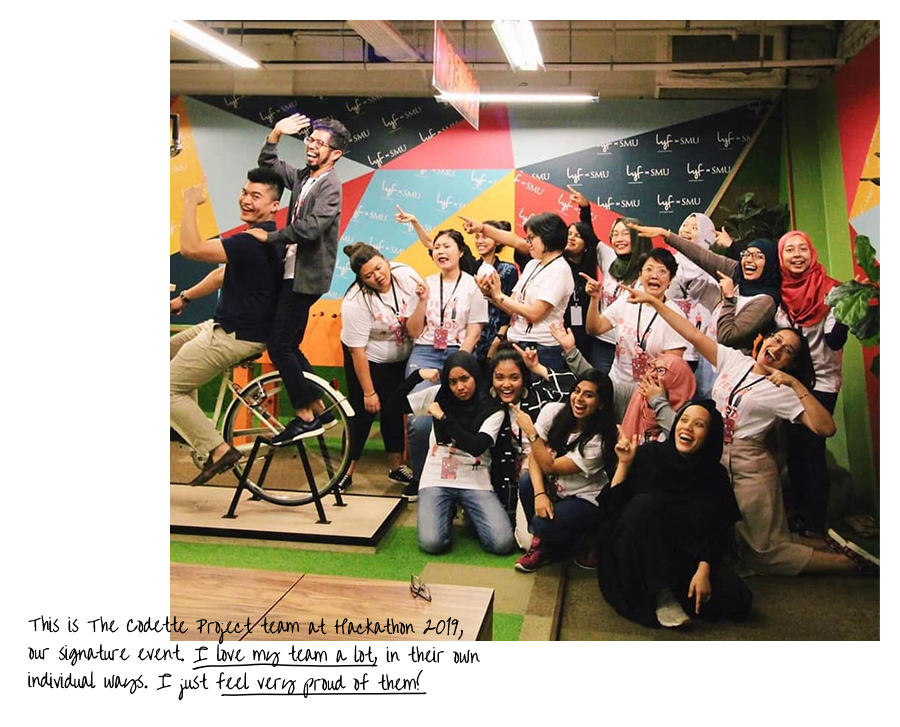
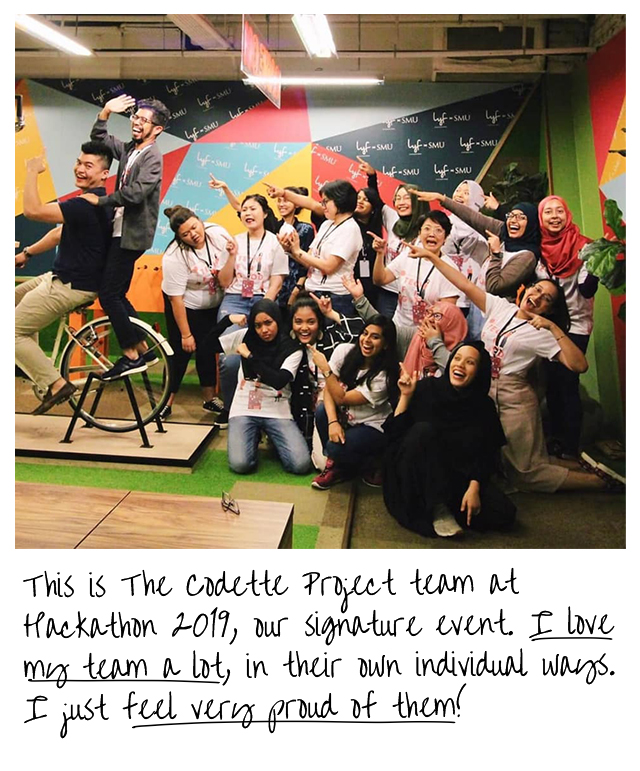
I can’t remember what the actual phrase is, but there’s a theory of history where it’s very much dependent on an individual, which is different from theories of history that are dependent on patterns and movements and things like that.
I would rather, the history and the narrative of The Codette Project be much more of a movement where it’s shaped by a lot of different people acting together, rather than one person. I think that’s important.
Because ultimately, founders exist within a time and space matrix, in which you have to be very cognisant of the fact that your successes are really not due solely to you. The Codette Project’s successes came from us starting out the conversation on technology and diversity. The team itself is part of the narrative of The Codette Project.
Which is why it’s so incredibly important that we have people on the team that are in all different seasons of life. It’s especially important for women to have that reflected. The successes of The Codette Project must be reflected in the successes of the team because the team should benefit first from the work we do. We are our first test subjects!
I don’t believe that any social impact organization should be made up of people outside the community which they’re trying to serve. If you’re a community that’s trying to help older people who are illiterate to read, you should have people on the committee who are older, illiterate people or formerly illiterate people who have learned to read. It should be made up of the community of users. Because The Codette Project is about minority/Muslim women, most of us are minority/Muslim women.
I remember when I attended Facebook’s global Community Leadership Program and interacted with amazing leaders involved in community-building, one thing became very clear – a lot of these successful ideas came out from very specific issues and localisation. You cannot export or, copy and paste a lot of these ideas. Rather, you have to appreciate the environments in which they grew. That is why it’s very important that people making decisions should be part of the community.
The benefits that The Codette Project wants to see for our participants, have to be reflected in what I feel my team will benefit from. When we run events and we were reaching out and building the networks for my team, I check to see if that’s something that they want to do, whether getting to know industries and parts of the tech industry that they are interested in.
And that has been a huge learning for me. I’m very committed to try and become the kind of person that I think my team deserves. I definitely always think that they deserve better, and that’s why I work on and read a lot of leadership books. If you are doing good work, you are really enabling and empowering your team moving in the right direction and you’re creating good systems. That’s important to me.
Success is measured differently in each context.
Studio Dojo: How do you define success?
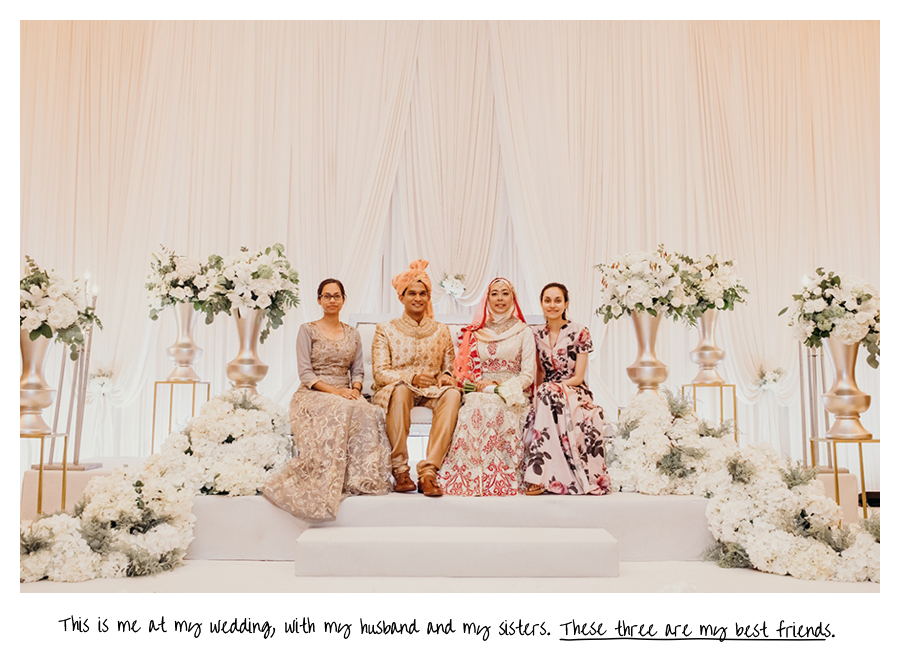
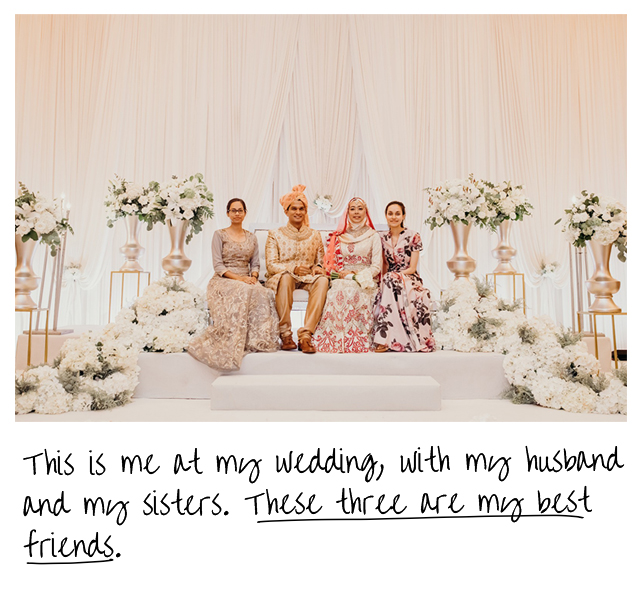
For me, I have different measures of success across the different things that I am measuring.
An example of measuring success is my relationship with these three people, who I think are the three most important people in my life. It’s important for me to have dinner with my husband at least six nights a week. That’s something I track.
My youngest sister is in her final year of medical school in Australia. Because of COVID-19, I haven’t seen her for a long time and I don’t know when I’m going to see her next. I’ll always try to text and call her, and make sure that’s something I do to keep the relationship growing. On top of being a great medical student, she has this beautiful cat named Gobi, who I love. My middle sister is back in Singapore but she’s in the middle of her PhD in Oxford. So, both of my sisters are generally away. The fact that my middle sister is here now with me is just very important and I love seeing her as many times as I can.
In this picture, I am the only extrovert. I did a lot of research on being an introvert and read books such as “Quiet” by Susan Cain, which is a great book. I thought I was an introvert and all three of them thought that was very funny. They’re all introverts and they are my best friends. So, I wanted to be an introvert as well, so I can fit in with them. According to my introverted sisters, that is the most extroverted thing that I could have said.
To me, if I have good relationships with these three people and they like what I’m doing and they’re happy and I’m happy, that is enough for me. That itself is success.
For The Codette Project, our measure of success has always been one person. If it’s one woman that comes to any of our events, the event will still run because that woman is a catalyst for herself, and for the people around her. And that brings about change, in the long-term.
I’m under no illusion that we may not be able to see the results that we want in our lifetime. I want to see minority/Muslim women to be considered equals in every sense of the word. But even though sometimes I don’t know if I’m going to be able to see that in my lifetime, that doesn’t mean that the work is not important and that the work doesn’t need to be done. We’re making space for the women who come after us to keep going further.
An inclusive space is one that allows people to express their identities.
Studio Dojo: The Codette Project works hard in creating better spaces for women. If The Codette Project had its own space, what do you envision it looking like?
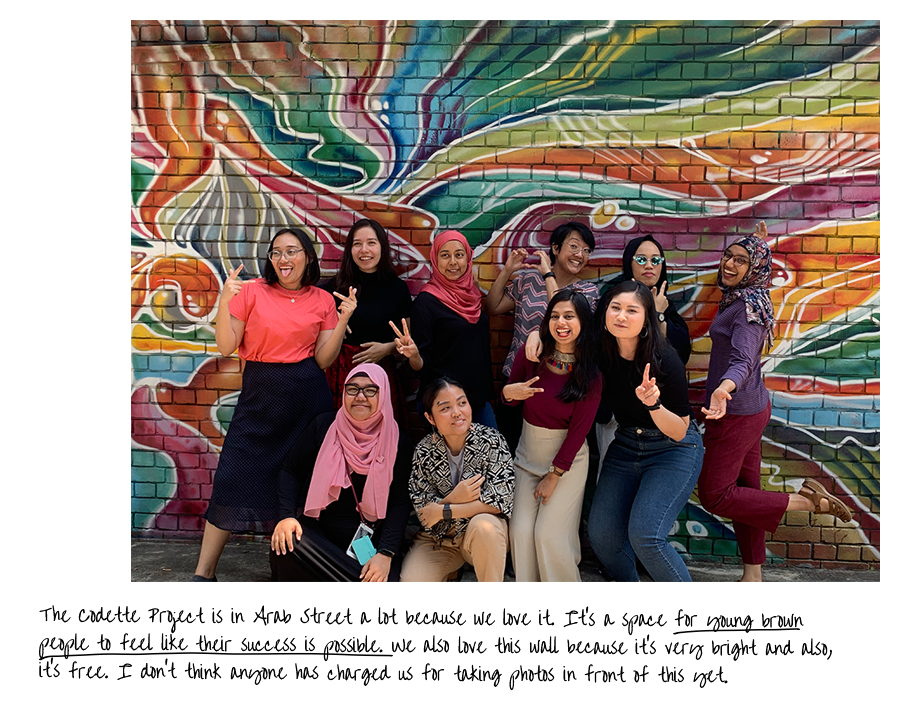
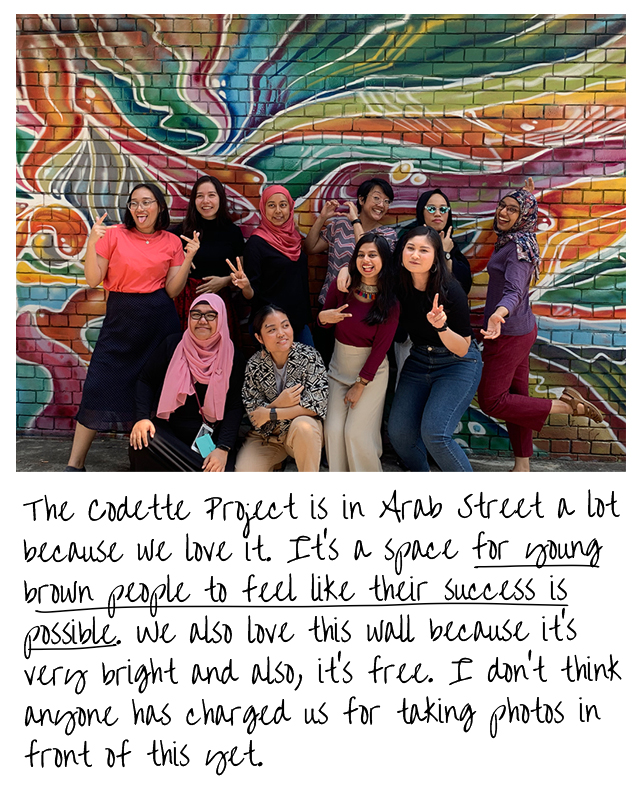
We really like Arab Street because there are very few spaces in which I think minority youths feel like it’s meant for them. Spaces in which, they have a part in co-creating and that allows them to feel that they’re actually part of it.
Not all of Arab Street is like this, to be fair but in some spaces, it’s actually incredibly comfortable to be there, as we are. We know that these are spaces in which we can exist with whatever identities we have. If I’m going for dinner, I do not have to worry managing my dinner and prayers. For people who pray, there’s a mosque and you don’t have to worry about halal food. The whole issue of belonging, and feeling welcome in a space unfortunately is still a conversation that people are having in Singapore – even when it just comes to food.
Arab Street is really a place in which I think we’re all very comfortable with and it’s very central, which is important for us as a team.
We’ve never had our own space. We often rent spaces on ad-hoc basis on Saturday mornings, which is generally when a lot of our workshops are held. It would be very nice to one day be able to have our own space, but at the moment, because of the redistributive nature of our work where we focus on actually redistributing social and economic capital, it doesn’t make sense for us to sink that much money into the fixed cost of having our own space.
But if we do have one eventually, I would really love to have a space which reflects the energy of The Codette Project when our community comes together. One that encompasses everyone we meet, from the young people, to our students, businesswomen, women with families and professionals. To have a space in which we can permanently be able to welcome people and for them to feel safe to meet others and to redefine and pursue their own success. In The Codette Project, what we’re also doing is redistributing power to women to enable them to make decisions like deciding on what our identity should look like and how we want to achieve the success that we’ve defined for ourselves. To create such a space one day would be really nice and if it’s in Arab street, that would be even better.
Our world needs more good people doing good things.
Studio Dojo: Having attended Facebook’s Community Leadership Program in 2018, what were some personal learnings you had?
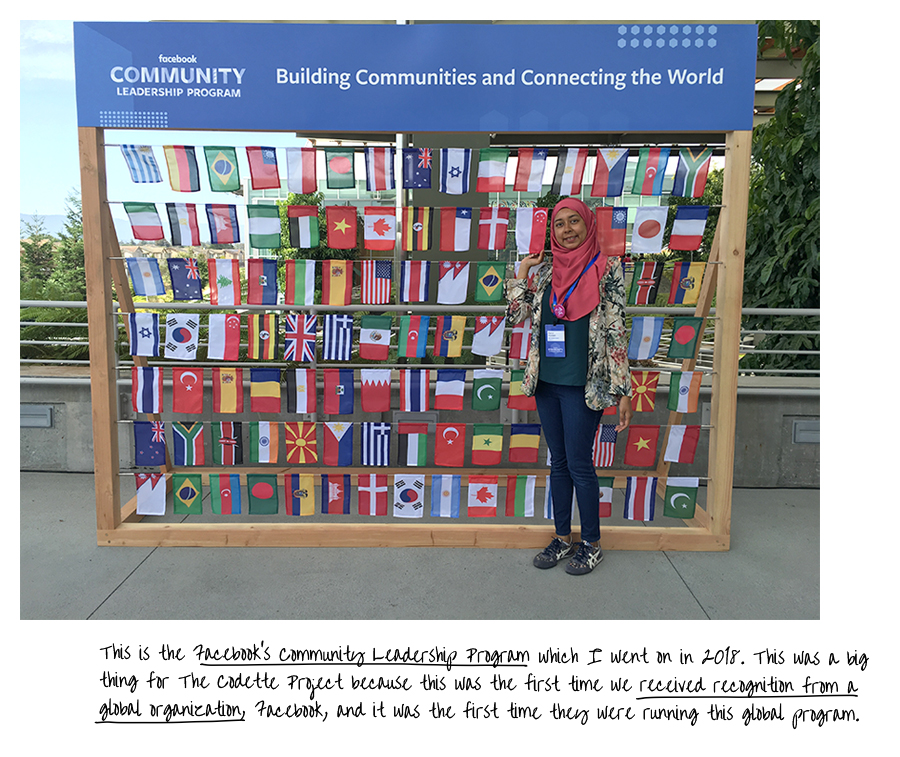
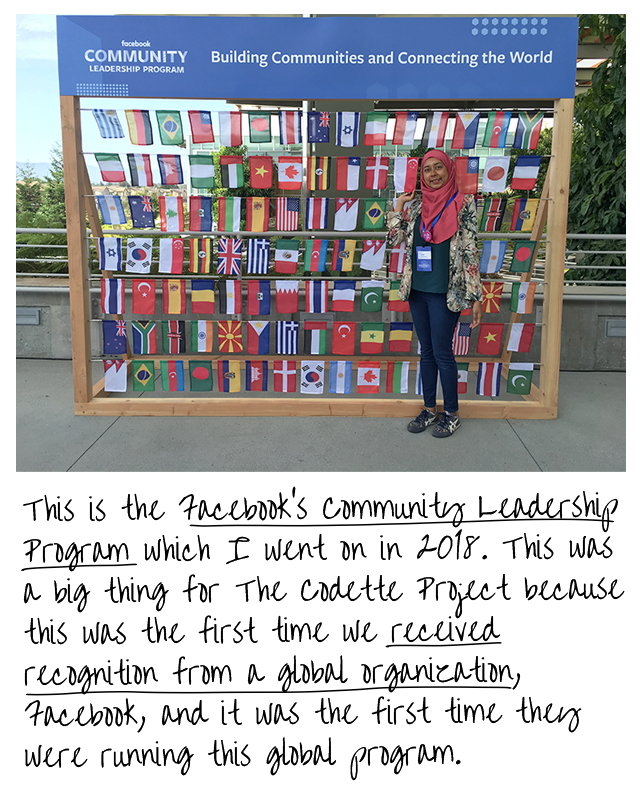
The Codette Project was just a small group at that time, we had maybe 2000 people following us on Instagram and Facebook, and we’d just run Singapore’s first women-only hackathon. The fact that Facebook found our work to be good enough for us to be a part of this was really powerful. I cried.
We were divided by regions and the APAC team was insane. People were doing really cool and meaningful stuff. When you meet these people at conferences like this, it will only sink in after you leave, that you may never meet these people again. That kind of grief is actually tempered by the fact that it’s completely worth having met them, and still being able to know that there are people in the world doing good things.
If anything, it made me realise that there’s not enough good people doing good things.
I think there can never be enough but to have your own internal news cycle where you remember things may really suck in a lot of ways and a lot of different times, but there’s this person in this area who is literally doing this good work. One thing that I did genuinely think of after the program, was that Facebook actually puts in a lot of effort in making their program accessible. For example, for people who were hearing-impaired, they had screens to read from. There were also leaders who were in wheelchairs, and visually-impaired ones as well.
My learning from it is that we don’t actually have a lot of these in Singapore. We do charity work rather than to create leaders from these communities. To me, that was something absolutely amazing but I don’t know if I’ve done enough to integrate that learning in my work.
There are all these people doing really cool things and some of them are doing it out of relentless love. This is a reminder as to how much genuine good there is in the world. That’s just positive.
Catch up on Nurul’s articles

